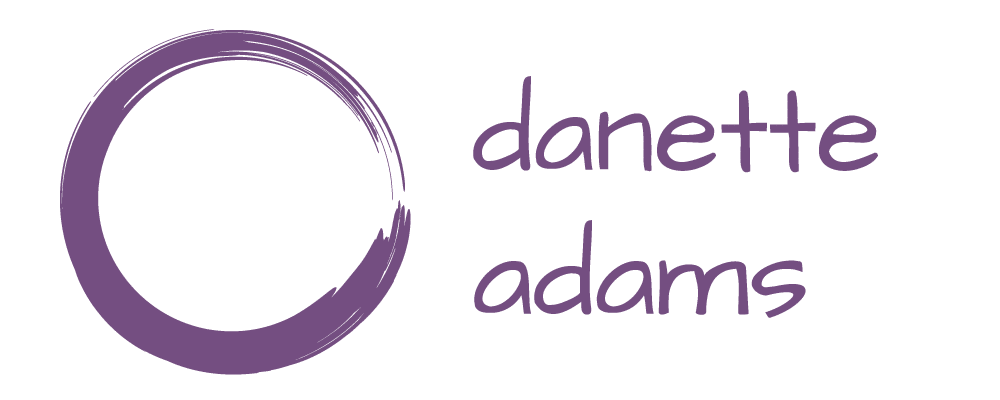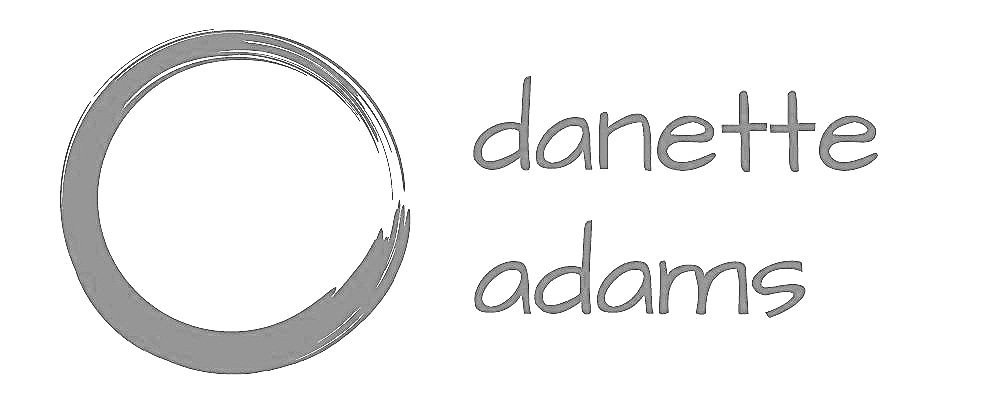sunday hand
When I was in primary grade school, I had an art teacher who was delightfully adamant about order and process. Before each student was allowed to dip into their genius, their inner Van Gogh, or the three paint pots suspended on the easel, it was imperative that they designate one of their hands as the “Sunday” hand.
The concept of wearing your “Sunday” best would have been widely recognizable to the students at a time when the majority us still attended a place of worship with our parents and would have understood the idea Sunday being a different day set apart from the rest of the work week. As we put on our paint-stained art smocks to protect our school clothes, we knew just what she meant.
In the context of art class, the “Sunday” hand was absolutely, under no circumstance, to make even incidental contact with any paint, charcoal , chalk or oh-so-tempting Aylmer’s white glue. It was the hand that stayed clean enough to prevent even the most artistic messes from spreading when the inevitable non-art related activities were necessary between acts of creation. Keeping the sanctity of sanctified hand in tact must have been a real challenge for this age group who struggled with even the most basic levels of consistent self-regulation. Imagine the utter chaos on Papier Mache Day!
After mentioning this memory to a few people and being met with blank stares of no recognition, I realized that the “Sunday” hand concept was not quite as universal as I had first thought. I assumed it was right up there with the standard primary grade thinking that the teachers lived at the school or the tales of the jolly, red-suited guy who went on his annual, world-wide chimney crawl in a sleigh.
As a pre-pubescent perfectionist with tightly pulled pig-tails, I adored the “Sunday” hand rule. It resonated deeply with my desire for efficiency and order. Not exactly the hallmarks of genuine artist expression but, at that time, predictability definitely trumped art. So imagine my pleasure at having no ashy smudges anywhere, no fingerprints on a painting-in-progress and much less mess to clean up when the recess bell rang.
But beyond that, beyond this example of one teacher’s method of minimizing mess in her art class, I just assumed my childhood reality of the “Sunday” hand was the greater reality understood by small children everywhere. Instead, it was like seeing a word, new to you, in print for the first time and realizing it is spelled differently than you had always imagined it would be.
Does it make a difference if my teacher was responsible for coining the phrase “Sunday” hand and was the only educator in the entire universe to have implemented it? Not really. Does it matter that my childhood perception of the concept of it was not a worldwide, culturally recognizable idea? Nope.
What caught me off guard was that this simple, not-at-all-crucial childhood memory and, more importantly, my perception of it had been laying dormant in the very back of a dusty neurological filing cabinet, in the file folder labelled “Absolute Truth” by my 7 year-old self. Not until four decades later was the assumption even remembered and considered, let alone challenged.
Other than instinctively keeping one hand relatively clean while cooking or painting a room in my home, holding on to the unchallenged assumption from this memory has done no psychological damage, left emotional scars, nor left a trail of relational destruction in my wake. But are there others?
Are there other more potent notions or beliefs created in those concrete-thinking developmental stages of my life that need to be re-filed under a different heading? Notions that need to be questioned? Hidden beliefs that could be subtly impacting actions and eliciting reactions without awareness of the belief even existing? It’s the quiet ones (it always is) upon which my brick-wall patterns are built so it might be beneficial to recognize them and challenge their validity.
What long-forgotten beliefs, formed in childhood, useful then but no so much now, are still quietly informing my current perceptions about my value, my life’s purpose and work and my relationships?
It’s time to dust off that cabinet and do some filing.


